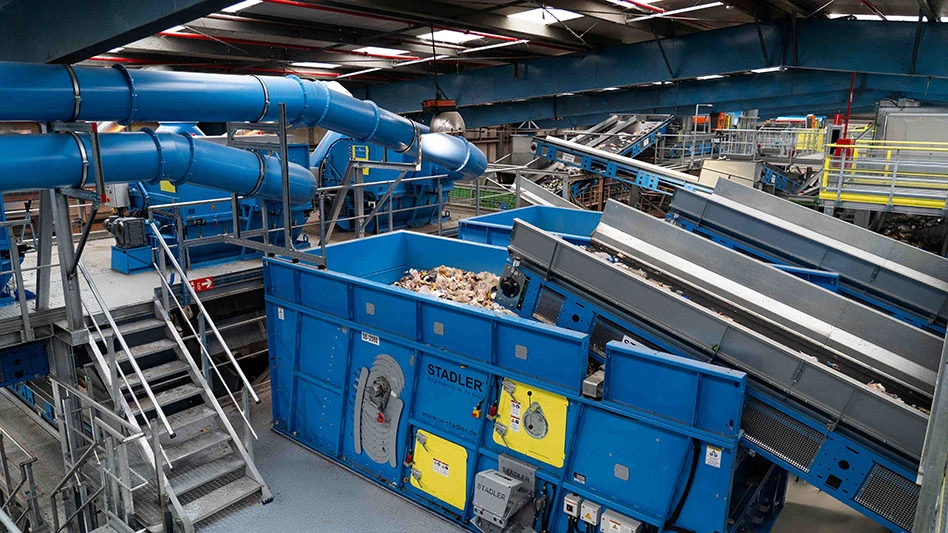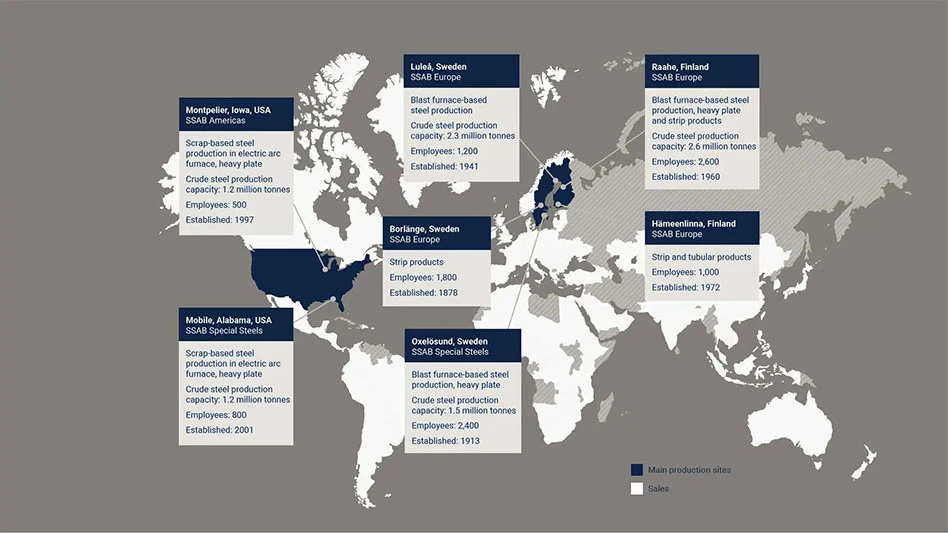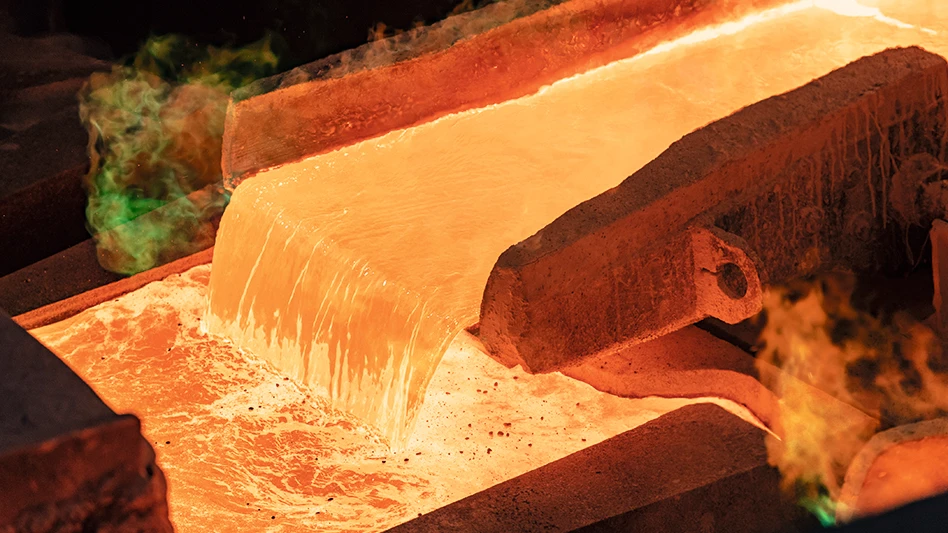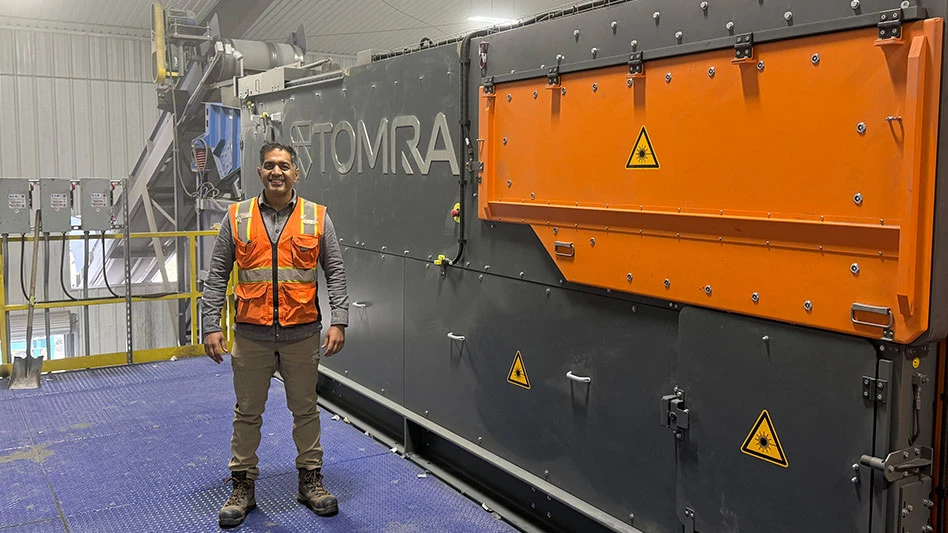Shipping lines back away from carrying scrap to China
Container shipping firms Hapag-Lloyd and Mediterranean Shipping Co. (MSC) reportedly have indicated they will no longer accept scrap metal or paper as cargo to ports in the People’s Republic of China.
The New York-based Maritime Logistics Professional website indicates Switzerland-based MSC announced in early June that it would stop accepting such shipments, while Germany-based Hapag-Lloyd has set a Sept. 1 deadline for accepting scrap cargo destined for China.
The report indicates that a mid-June Hapag-Lloyd notice refers to a law passed in April in China that takes effect in September. That law, according to this notice, “holds carriers and importers responsible for the return and disposal of ‘solid waste’ that fails to meet import requirements.”
The same notice uses language that puts secondary commodities into the “waste” category, including “cargo such as waste paper, waste plastics, waste metals, waste chemicals, etc.”
The shipping line announcements add one more layer of confusion to a Chinese scrap import landscape that has been opaque and confusing for buyers, shippers and traders in the first half of 2020.
Agencies of China’s central government have indicated at various times that they will ban all scrap imports at the end of 2020, but they also lowered the tariff on nonferrous scrap shipped from the U.S. in April. China’s government may reclassify some types of nonferrous scrap as resources rather than “waste” and is considering doing so for some types of ferrous scrap.
But in mid-June, Chinese government agencies raided several recycling facilities and issued statements indicating hostility to imported secondary commodities, referring to them as “illegal trash imports.”
Recyclers increasingly are reluctant to ship even high-grade copper and aluminum scrap to China until its government puts the new “resource” designation in place, as are shipping lines.
“The lack of transparency and definitive lines of regulator responsibility are very difficult to discern, which only adds to the opaque nature of the present situation,” Michael Lion says. Lion is a trader with Hong Kong-based Everwell Resources Ltd. and chair of the International Trade Committee of the Brussels-based Bureau of International Recycling.
Of the potential new resource categorization for high-grade nonferrous scrap, Lion says, “As of this moment [there] appears to be no definitive timeline for the new regime to commence; this may have abundant reasons, not least the [lack of] implementation procedures and necessary training to undertake them.”

Explore the August 2020 Issue
Check out more from this issue and find your next story to read.
Latest from Recycling Today
- RERF opens Avagliano award nominations
- Eriez expands European sales network
- Gränges increases sales volume in 2025
- Aduro selects Netherlands as site for industrial scale-up facility
- Nasco-Op declares dividend
- Cyclic Materials announces plans for South Carolina campus
- WM reports revenue, earnings growth in Q4 and full-year 2025
- Solarcycle’s Cedartown, Georgia, recycling facility opens





